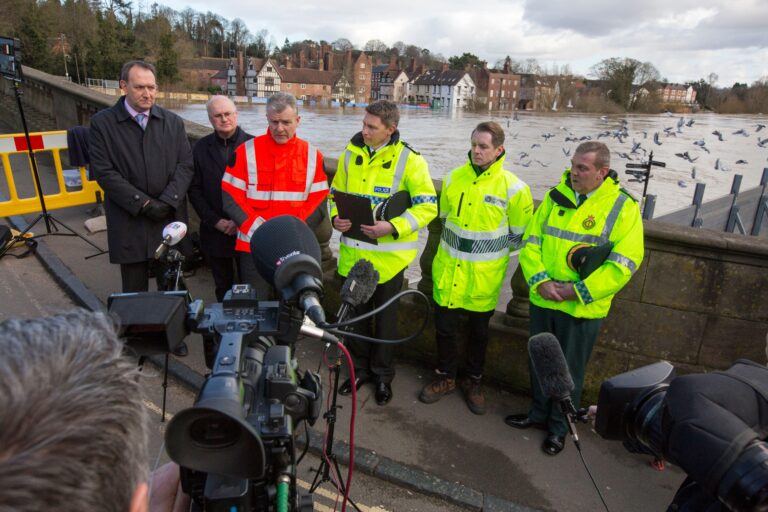Are you considering starting a career in journalism? Or perhaps it’s always been a dream but you’re unsure about how to make a career change? Getting a job in journalism can be tricky, competition is fierce and newsrooms are looking for the best candidates for the most rewarding roles.
But there are key actions any aspiring reporter can undertake to make the process a success.
- Know where to look. Check out the websites that advertise jobs such as, Hold the Front Page and Journalism.co.uk,
- Be prepared to move. The smaller the geographical area you are applying within, the fewer the jobs there will be. Depending on the type of journalism you’re interested in, being willing to travel will be a must.
- Don’t forget about your own social media profiles. Your social media presence will be under scrutiny. What kind of social media profile do you have and how many followers? Which platforms do you use and how often?
Take a hard look at your CV
It is probably too long. Edit it so that the content is easy to absorb and its style matches the job you are applying for.
Make sure the most relevant information comes first. You might think your 10,000-word dissertation on first century Chinese poetry is a masterpiece, but is that really the best thing to showcase?
What does your CV do? How can you make it stand out from the hundreds of others that have arrived? Your covering letter should be compelling, short and written afresh for every new vacancy you go for.
Get your career started with the right qualifications
Do you have the skills the employer is looking for? Most will want you to have the preliminary industry qualifications before they will consider you. For print, this means having the National Council for the Training of Journalists Diploma and you can gain you diploma in 18 weeks at PA Media. Most would-be newspaper reporters sign up for an NCTJ diploma course.
The Press Association training course is widely regarded as the best in the business, but don’t take my word for it – do your research.
The big questions to ask if you decide to take such a course are: who delivers the course – are they journalists? How good a track record does the course have in getting people through the exams? Do you research into the types of careers candidates went onto once they completed the course.
Paul Jones, Head of Foundation Course, Newcastle


